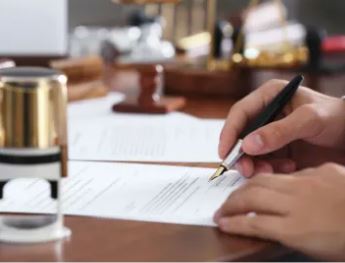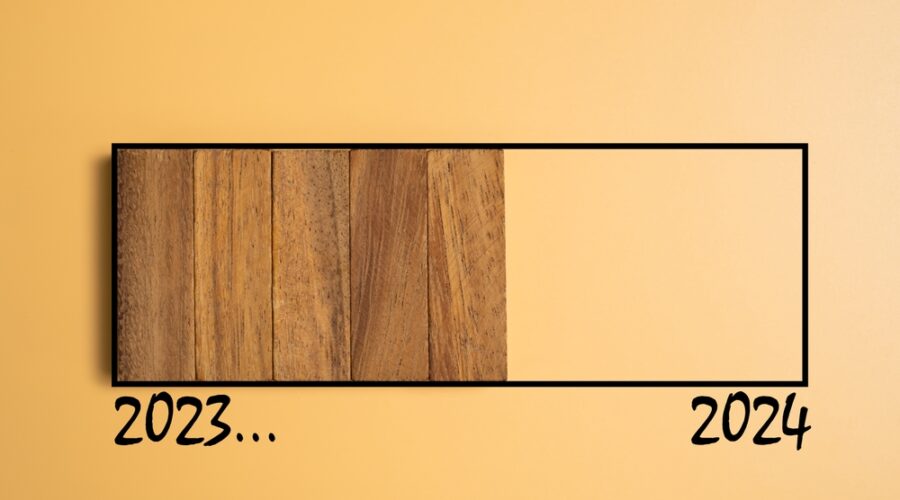
How Are Children Matters Dealt With In The Family Courts?
The Hong Kong Family Courts have the jurisdiction to make Custody, Access and/or Maintenance Orders in relation to children i.e. those aged under 18. Generally speaking, children are not required to have separate legal representation, unless the Court considers it appropriate to do so.
What Is A Custody Order?
A Custody Order is a court order which relates to the child. In such type of Order, the court will make an order on three aspects, namely:
- Custody;
- Care and control; and
- Access of the child.
Custody may come in two forms – sole custody and joint custody. The former means that only one of the parents has custody over the child and the latter means that both parents have custody over the child. Having custody over a child means that the custodian parent can make all the important decisions affecting the child such as his/her education and religion. It is important to note that if a parent has sole custody over a child, the other parent can still have a say in key issues related to the child such as choice of school and/or religion. Generally, the Family Court tends to grant a Joint Custody Order as the Court recognises the importance of having both parents involved in the upbringing of the child. This is so unless it is clear to the Court that a Joint Custody Order will not work in the circumstances, perhaps because the parties are unable to communicate, or the situation remains too acrimonious.
Care and control of a child is typically granted to the custodial parent. Having care and control means that the custodial parent has the right to make decisions over the child’s daily matters, such as what they wear on a daily basis or the foods that they eat,.
What Is An Access Order?
An Access Order is usually granted to the non-custodial parent and allows the parent without care and control to visit the child. For example, the Court can grant one of the following three types of Access Orders:-
- Reasonable Access Order;
- Defined Access Order; or
- Supervised Access Order.
A common access order is Reasonable Access, which means that the parents are left to make arrangements as to how and when access will take place between themselves. If an agreement cannot be reached or if any problem with access arises subsequently, the Court may vary the Order to a Defined Access Order which specifies when, where and how access will occur. If there are difficulties over access, the Court may also grant Supervised Access, which means that access can only take place with the supervision of an independent third party who is responsible to supervise the access time.
Children’s’ Financial Matters
In a divorce suit, the Court may make a Financial Order for periodical payment or lump sum payment for the benefit of the child.
A lump sum payment is ordered to achieve a clean break and may be ordered to be paid as one lump sum or by instalments. The Court in considering whether to grant an Order will consider the circumstances of the case and the following non-exhaustive list of factors:
- the financial needs of the child;
- the earning capacity and assets of the child;
- the physical and mental condition of the child,
- the standard of living of the family prior to divorce; and
- the education the child was receiving and expected to receive.
The Financial Order shall only take effect upon the grant of the Divorce Decree Absolute, the final Court Order which officially dissolves a marriage.
In addition to the above, another type of Financial Order called Maintenance Pending Suit can also be applied for in the best interests of the child. The Court, in awarding Maintenance Pending Suit, will order one of the parties to the divorce to make periodical payments to the other for his or her maintenance for the duration of the divorce proceedings. The Court will consider the reasonable needs of the child and the ability of the husband or wife to pay without conducting a detailed investigation. This type of Order can take effect from the date of the presentation of the Divorce Petition until the Divorce Decree Absolute.
Divorce, when it involves children, will add layers of complexity to the divorce procedure. Thus, in order to safeguard custody your rights and your children’s rights, be sure to consult your solicitor and ask questions!










